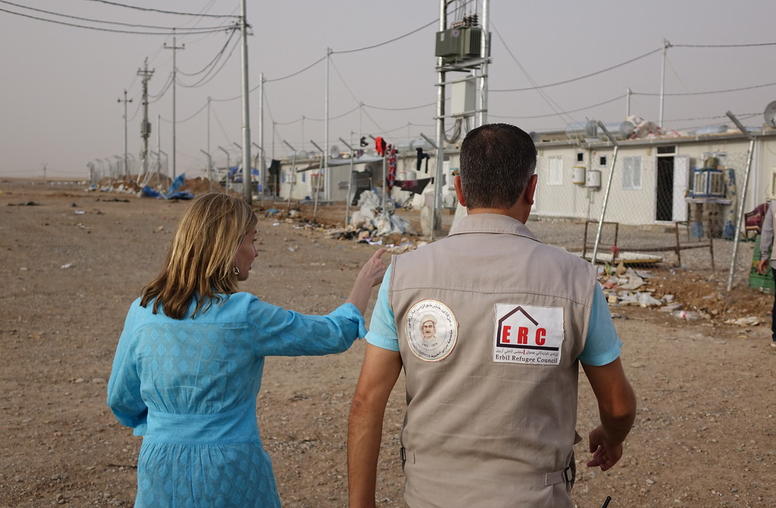Saudi Women Start Their Engines on The Long Road to Equality - WNYC
After decades of activism, the Kingdom of Saudi Arabia announced on Tuesday that it was lifting a longstanding ban on women driving. The change, which is set to take effect in June 2018, was welcomed news to many, but women are still denied a variety of rights in the Kingdom.
